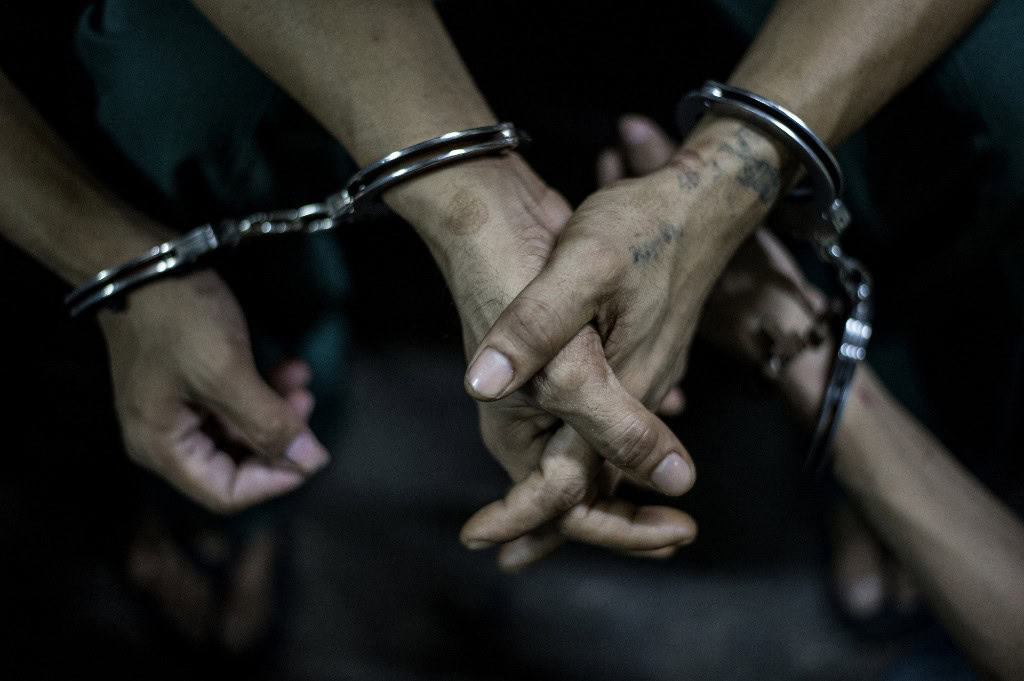Costa Rica will soon be home to a new high-security prison designed specifically to house our country’s most dangerous inmates. At a weekly press conference on Wednesday, the government announced the construction of the El Caco high-security facility—a project aimed at addressing the escalating violence fueled by organized crime. The prison will be built on government-owned land in La Reforma, Alajuela.
Spanning 90,000 square meters, with 31,000 square meters of built infrastructure, El Caco will comprise five separate modules, each capable of housing 1,020 inmates. Authorities say the facility will be reserved for individuals who pose the highest risk to national security, including leaders of organized crime syndicates, violent offenders, inmates awaiting extradition, and those requiring special protection.
The prison, expected to hold more than 5,000 inmates in total, will also feature five medical offices, 25 cells designated for intimate visits, an administrative complex, a main security checkpoint, seven surveillance gates, 20 isolation cells, a warehouse, and a designated garbage collection point. “The most dangerous ones will come here, the ones who run crime from the inside,” prison authorities stated.
Justice Minister Gerald Campos emphasized the importance of maintaining strict conditions for these inmates, revealing that the administration will soon issue a decree to regulate the high-security circuit. The goal is to prevent enforcement judges from relaxing security measures for high-risk prisoners.
“The fight now is not only with police operations, but also against some judges who want to change these measures. Costa Rica has no reason to continue suffering from these groups that fill our families with blood every day,” Campos said.
According to Campos, El Caco represents a key strategic move to disrupt the power and influence of organized crime networks that operate from within prison walls. This initiative comes at a critical time, as violence continues to threaten public safety and economic well-being.
The construction project carries a projected cost of $34 million. Approximately 40% of the funding has already been secured, following the approval of a special budget by the Legislative Assembly’s Finance Committee. “Thanks to the members of the Finance Committee who approved the budget. Now, we can begin the bidding process,” said President Rodrigo Chaves, who also stressed the need to strengthen the judicial system and enforce stricter laws against crime.
The construction plans have been filed with the Federated College of Engineers and Architects (CFIA), and the project has successfully passed the environmental feasibility process.
This development comes amid one of the deadliest years in Costa Rica’s recent history. Authorities estimate that between 880 and 900 homicides will occur by the end of the year, with the majority linked to drug trafficking. Retaliatory killings tied to turf wars between rival organized crime groups are believed to be the primary drivers of this violence, accounting for approximately 74% of all homicides in 2024.






